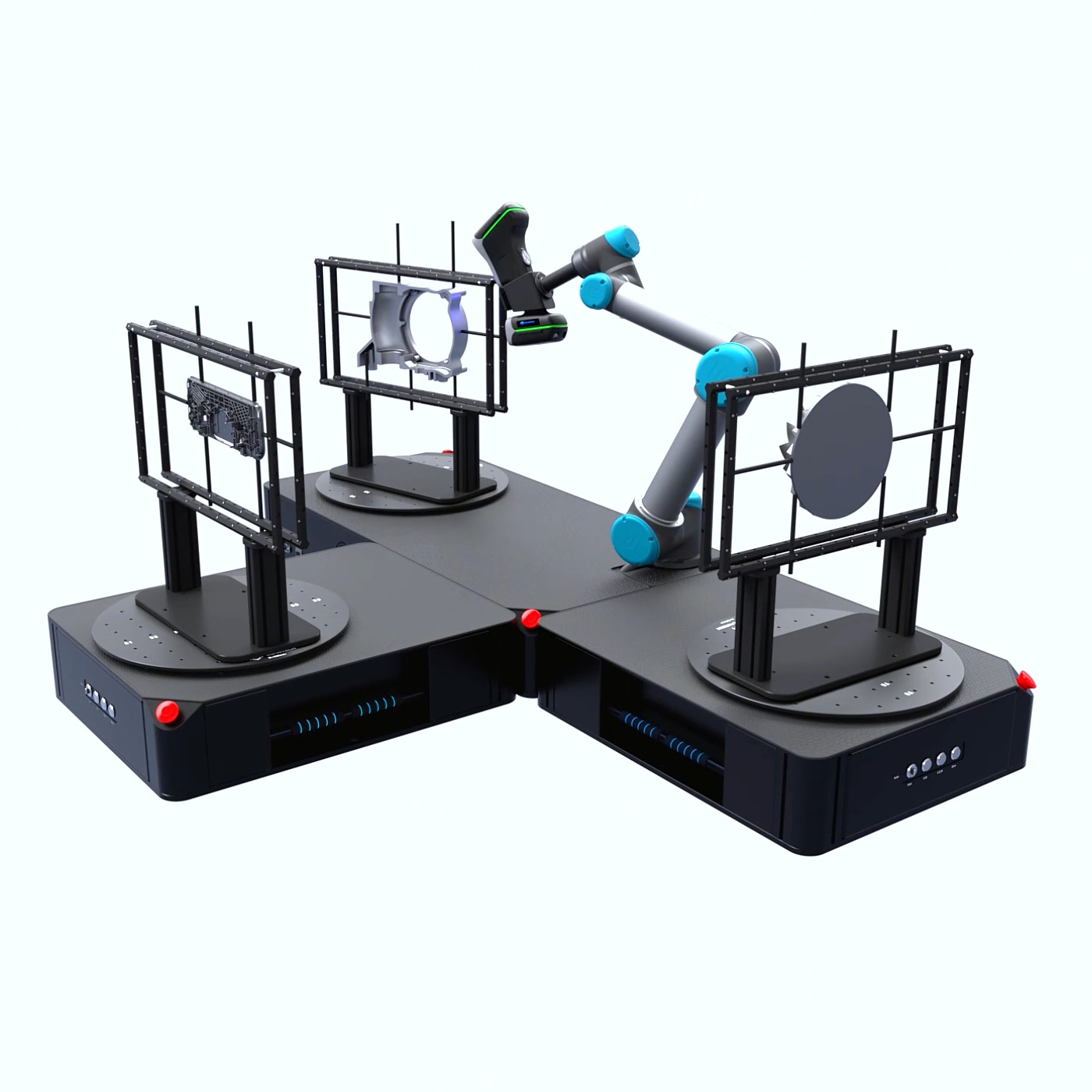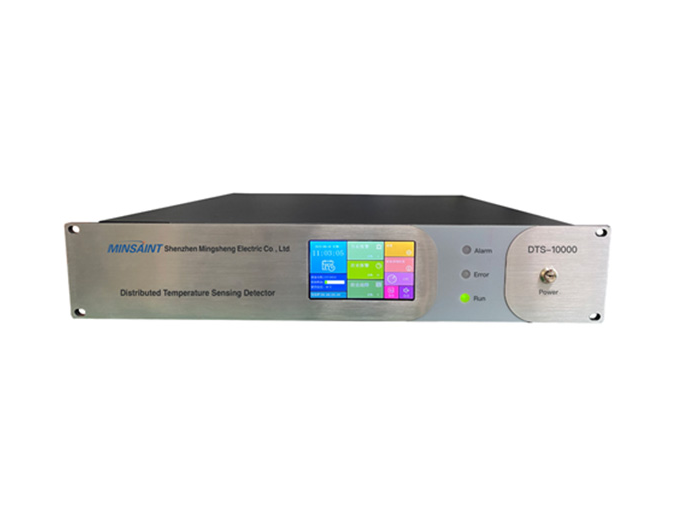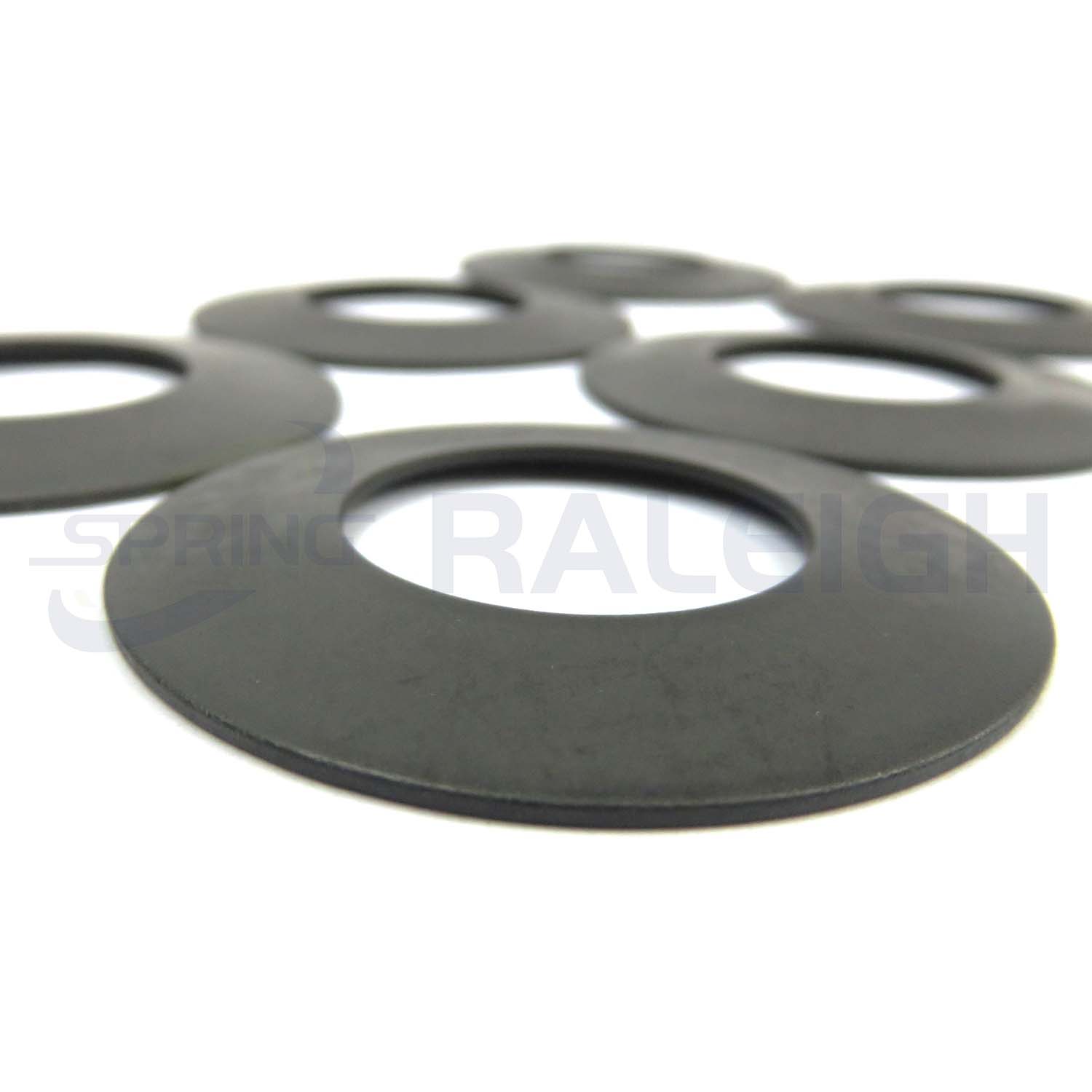When it comes to the efficient operation of heating, ventilation, and air conditioning (HVAC) systems, the blower motor plays a pivotal role. This component is responsible for circulating air throughout your home, ensuring that your indoor environment remains comfortable regardless of the weather outside. However, a malfunctioning blower motor can lead to a host of problems, not only compromising your comfort but also potentially causing damage to your HVAC system. In this article, we will delve into what constitutes a bad blower motor, the signs to watch for, the underlying causes of failure, and the steps you can take to address the issue effectively.
What is a Blower Motor?
Before we explore the nuances of a bad blower motor, it’s essential to understand what this component is and how it functions. The blower motor is an electric motor that drives the fan in your HVAC system. It pulls air from the environment, pushes it through the heating or cooling coils, and then distributes it throughout your home via ductwork. This process is critical for maintaining optimal indoor air quality and temperature control.
Signs of a Bad Blower Motor
Recognizing the symptoms of a failing blower motor is crucial for timely intervention. Here are some common signs that indicate your blower motor may be malfunctioning:
- Inconsistent Airflow: If you notice that certain rooms in your home are receiving less air than others, it could be a sign of a failing blower motor. Inconsistent airflow can lead to discomfort and uneven heating or cooling.
- Strange Noises: Unusual sounds such as grinding, squealing, or rattling can indicate that the blower motor is struggling to operate. These noises may stem from worn bearings, loose components, or debris caught in the fan.
- Increased Energy Bills: A malfunctioning blower motor often works harder to maintain the desired temperature, leading to increased energy consumption. If you notice a spike in your utility bills without a corresponding change in usage, it may be time to inspect your blower motor.
- Frequent Cycling: If your HVAC system frequently turns on and off, it could be due to a faulty blower motor. This cycling can lead to increased wear and tear on the system, ultimately shortening its lifespan.
- Burning Smell: A burning odor emanating from your HVAC system is a serious warning sign. It may indicate that the blower motor is overheating, which can lead to further damage or even a fire hazard.
Causes of Blower Motor Failure
Understanding the root causes of blower motor failure can help you prevent future issues. Here are some common factors that contribute to a bad blower motor:
- Overheating: Continuous operation without adequate airflow can cause the motor to overheat. This can occur due to clogged filters, blocked ducts, or a malfunctioning fan.
- Electrical Issues: Faulty wiring, blown fuses, or issues with the capacitor can disrupt the power supply to the blower motor, leading to failure.
- Wear and Tear: Like any mechanical component, blower motors are subject to wear over time. Bearings can become worn, and components can corrode, leading to decreased performance.
- Debris Accumulation: Dust, dirt, and debris can accumulate in the blower motor and fan, causing imbalances and inefficiencies. Regular maintenance can help mitigate this issue.
Solutions for a Bad Blower Motor
If you suspect that your blower motor is failing, it’s essential to take action promptly. Here are some steps you can take:
- Regular Maintenance: Schedule routine HVAC maintenance to ensure that your system is clean and functioning efficiently. This includes changing air filters, cleaning ducts, and inspecting the blower motor.
- Professional Inspection: If you notice any of the signs mentioned above, it’s advisable to consult a professional HVAC technician. They can diagnose the issue accurately and recommend the best course of action.
- Replacement: In cases where the blower motor is beyond repair, replacement may be necessary. Ensure that you choose a motor that is compatible with your HVAC system for optimal performance.
- Upgrade Your System: If your HVAC system is older and frequently experiencing issues, it may be time to consider an upgrade. Modern systems are more energy-efficient and often come with advanced features that enhance performance.
Conclusion
A bad blower motor can significantly impact your home’s comfort and the efficiency of your HVAC system. By recognizing the signs of failure, understanding the causes, and taking proactive measures, you can ensure that your heating and cooling systems operate smoothly. Regular maintenance and timely intervention are key to prolonging the life of your blower motor and maintaining a comfortable indoor environment. If you suspect an issue, don’t hesitate to reach out to a qualified HVAC professional for assistance. Your comfort and safety depend on it.






